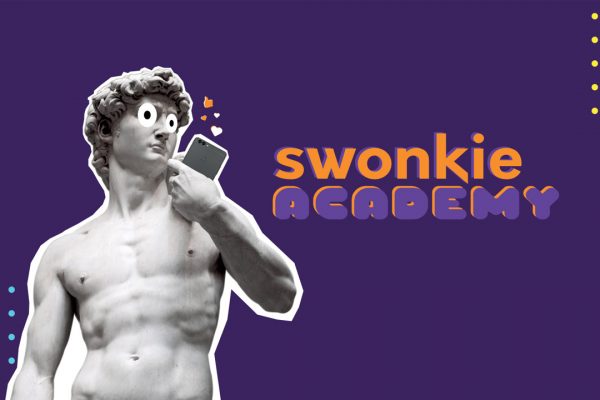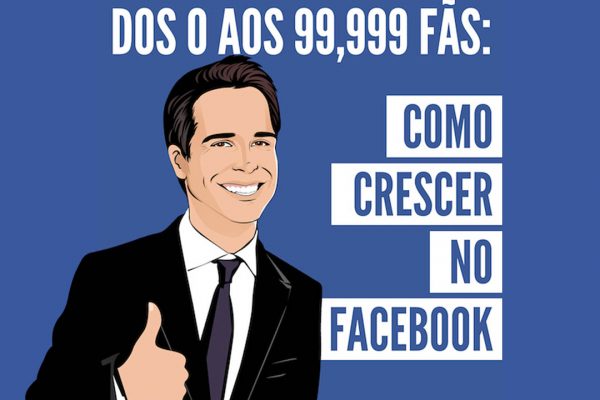Muito bom. Dá pra entender de forma clara e a didática é excelente. Digno de um curso pago. Parabéns!- Henrique Pádua (Formando, Dos 0 aos 99.999 Fãs: Como Crescer no Facebook, via reviews do Udemy)
O Afonso consegue ter 'dupla personalidade' no que diz respeito ao marketing. Por um lado tem uma capacidade analítica incrível, por outro é super criativo em tudo o que faz. É um profissional muito organizado, capaz de liderar e gerir qualquer projeto de forma exemplar, mas que está sempre a pensar 'fora da caixa' e com um forte sentido de humor. Tem também um grande espírito empreendedor e um forte sentido de comprometimento.- Luís Salvador, Wrestling.PT, via recomendações LinkedIn
Afonso brings all of the skills and abilities of a driven, established Digital Strategy Consultant to the unique organization of Mustard. As an entrepreneur, Afonso already has the essential characteristics: smart and analytic, fast and responsive, intelligent risk taking, focus. He applies those essential characteristics to Mustard in that he understands and cares about the marketplace of digital marketing, changing the world through creative communication.- André Mota, Diretor Criativo, Mustard, via recomendações LinkedIn
Porque apesar de antes acreditar que eu conhecia o Facebook e que me virava bem nele, o curso me fez ver que há muito mais por trás dele que posso usar em meu favor. Mesmo antes de ter finalizado, já usava algumas das técnicas ensinadas e pude ver que realmente funcionam. Foi muito bom, muito válido e muito divertido aprender com o Afonso!- Caio Moraes (Formando, Dos 0 aos 99.999 Fãs: Como Crescer no Facebook, via reviews do Udemy)
Mensagem transmitida de forma clara e concisa. Adorei o sentido de humor do formador e assistentes.- Telma Nunes (Formanda, Dos 0 aos 99.999 Fãs: Como Crescer no Facebook, via reviews do Udemy)
Estou muito impressionado com a didática do instrutor. Ele faz tudo ficar fácil e divertido... não dá vontade de parar.- Paulo Cesar Leal Torno (Formando, Adobe Premiere em 90 Minutos, via reviews do Udemy)






